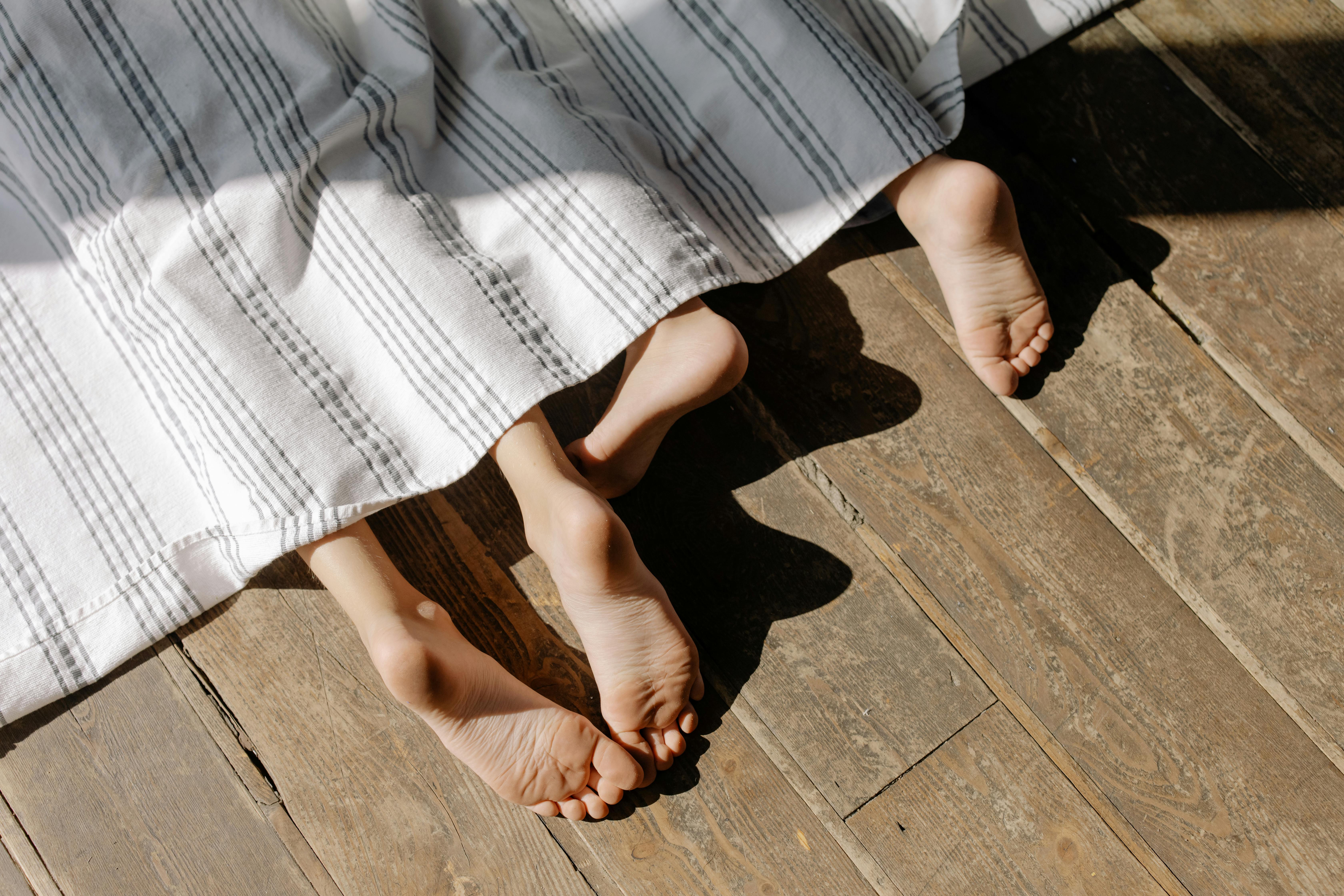Hives refers to the characteristic red, itchy patches of skin of various sizes and shapes, which usually present as an allergic reaction. These patches, commonly known as hives, disappear within 24 hours, without pigmentation or scaling. When the lesions recur for more than 6 weeks, the condition is known as chronic urticaria. Angioedema is a severe variant of urticaria, with involvement of the mucous membranes, usually in areas such as the eyelids, lips and tongue.
A detailed medical history and physical examination are usually sufficient for a diagnosis of chronic urticaria. A concurrent history of parasitic infection, thyroid disorder, or autoimmune disorder may warrant further investigation. If the lesions persist for more than 24 hours at a time, or if they are accompanied by skin hemorrhages, autoimmunity, fever, or arthritis, a skin biopsy may be indicated.
Depending on the causative factor, chronic urticaria is divided into three subgroups: 1) Physical or inducible urticaria, in which the trigger is some constant identifiable factor, such as mechanical stimuli (pressure, vibration), temperature changes, sweating, stress, exposure to the sun. and contact with water. This type is also known as symptomatic dermatographism, cholinergic urticaria, or pressure urticaria, and accounts for about 20% of cases. 2) A rare variety, in which chronic urticaria is secondary to some underlying medical condition. 3) The largest subtype is known as chronic idiopathic urticaria or chronic spontaneous urticaria, in which no specific causative factor can be identified; however, about 20-45% of these patients have an underlying autoimmune disease process.
Most people who have chronic hives with mild symptoms can be managed well with antihistamines to reduce the rash and itching. Additional medications such as colchicine, dapsone, and steroids are given for a limited period of time for people with moderately severe symptoms. Immunomodulatory drugs or antithyroid drugs may be required for a small percentage of patients.
Mental stress, excessive tiredness, tight clothing, alcohol, aspirin, and other nonsteroidal anti-inflammatory drugs are known triggers that should be avoided. Improvement of severe itching can be done by using soothing ointments and warm baths. Although chronic urticaria can last from months to years, with proper treatment, at least about 50% of patients experience a remission within a year. Chronic urticaria, with the exception of angioedema, is not life-threatening, although it can negatively affect quality of life.
For those patients who do not respond to conventional therapy, an Ayurvedic herbal treatment can be given to effectively reverse the basic pathology of the disease by strengthening the skin tissue, treating the allergy and preventing recurrence. Herbal medicines that act on the skin, subcutaneous tissue, mucous membranes, capillaries and blood, are used in the treatment of chronic urticaria with very good results.
Based on Ayurvedic pathophysiology, urticaria is mainly divided into three types: 1) ‘Sheeta-pitta’ with predominantly ‘Vata’ dosha symptoms; 2) ‘Utkotha’ with ‘Pitta’ dominant symptoms; and 3) ‘Udarda’ with dominant ‘Kapha’ symptoms. Each of these types of urticaria is treated differently, depending on the clinical presentation, causative factors, and severity. For patients with refractory symptoms, Panchkarma purification procedures such as induced emesis, induced purgation, and bloodletting are used alone or in combination.
In addition, patients with refractory symptoms may also need treatment for chronic gastrointestinal symptoms, repeated worm infestations, thyroid disorders, chronic stress, latent infections, and chronic inflammation. Patients with an underlying autoimmune process may require detoxification; treatment of chronic inflammation; healing of damaged organs, tissues and body systems; rejuvenation with toning drugs; provision of specific food; gradual immune modulation; and treatment for the specific type of chronic urticaria.
Most patients who have chronic urticaria can receive full treatment in about 4 to 8 months using Ayurvedic herbal medicines. Patients with autoimmune diseases may require treatment for longer periods. An accurate diagnosis and identification of all possible causes is important to achieve a rapid response to treatment. It is equally important to adopt appropriate lifestyle modifications and avoid known triggers to prevent recurrence. Tapering of medications may also be necessary to prevent recurrence.
